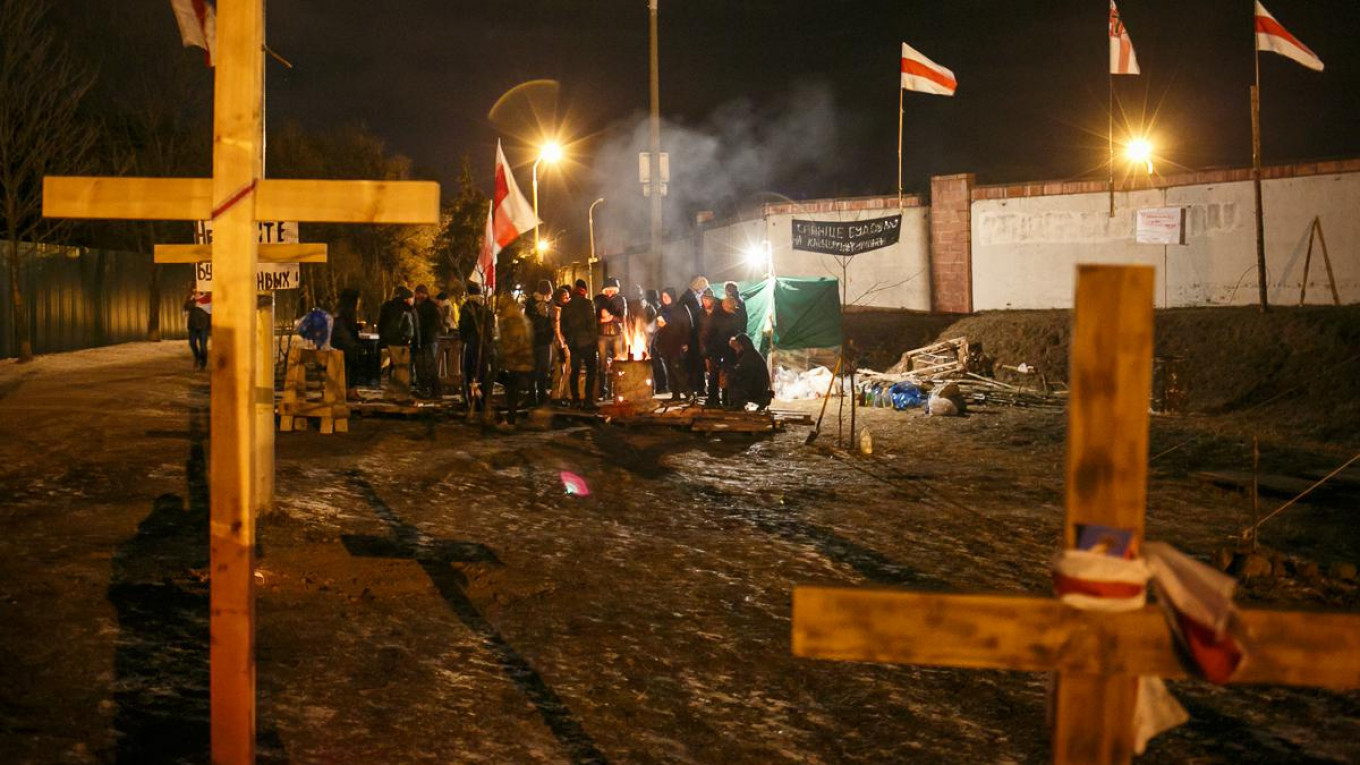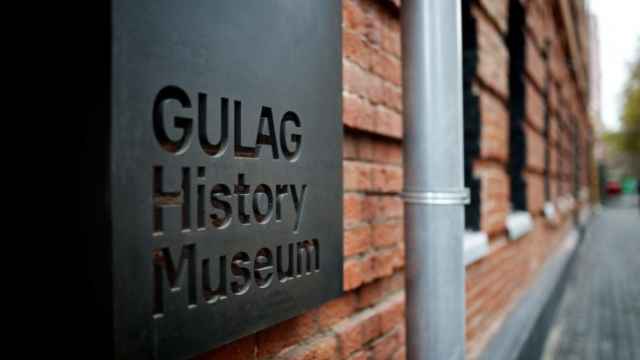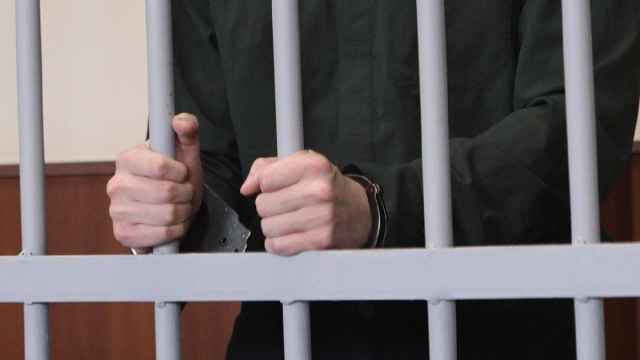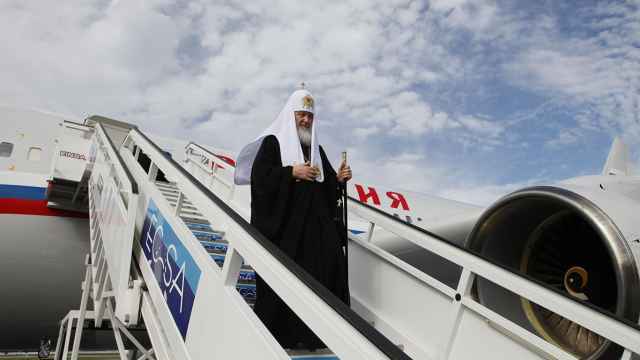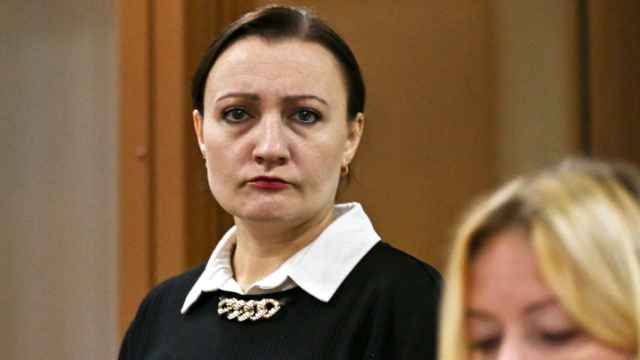A group of opposition activists are camping on a construction site outside the capital of Belarus in a bid to block office blocks being built on Soviet-era mass graves.
Protesters have occupied the building site on the outskirts of Minsk for 11 consecutive days, erecting tents and chaining themselves to trees.
Between 1937 and 1941, thousands of people were executed by the Soviet secret police, the NKVD in the Kuropaty forest. The full extent of the atrocities committed in the woodland outside the capital was only revealed in 1988 by Belarusian historian Zianon Pazniak.
His research, which shocked Minsk and helped spark Belarus’ independence movement, estimated that between 100 and 250 thousand people were executed in Kuropaty.
A National Tragedy
The exact number of the NKVD’s Kuropaty victims is unknown.
Soviet prosecutors investigated Pazniak’s claims in the late 1980s. They ruled that the NKVD shot around 30,000 people. A second investigation took place under Lukashenko’s rule, between 1998 and 1999, when prosecutors said that “less than 7 thousand” were murdered on the territory. (In the 1990s, Belarusian prosecutors attempted to blame the Nazis for what happened in the forest.)
Historians say the figure could be much higher. Renowned British historian Norman Davies, who specialises in Eastern Europe, says the number is closer to 250,000.
When the Soviet Union was crumbling, Kuropaty became a place for anti-Soviet protests and the birthplace of a newfound Belarusian independence movement.
Defending Kuropaty
The forest became a protected zone in 2004, which meant it could not be built on. But in 2014, the Belarusian Culture Ministry excluded part of the land from the registry of protected sites. Then, authorities began selling plots of land in Kuropaty.
“Authorities sold the land through a corrupt scheme and now they want to build on a mass grave,” says Dmitry Dashkevich, the organizer of the protest and leader of opposition youth group “Young Front.”
Dashkevich started camping with five friends, but the group quickly grew. Around a hundred people gathered on the construction site, preventing builders from entering the site. There were heated scenes of protesters laying on the ground to prevent bulldozers from demolishing their tents.
One night, a group of unknown men demolished the protesters' tents and beat the protesters. “We believe they were policemen in civilian clothing,” says Dashkevich.
The construction company and government maintain that there are no graves on the plot where the building will stand — Protesters and historians disagree. “They are building on bones,” says Dashkevich.
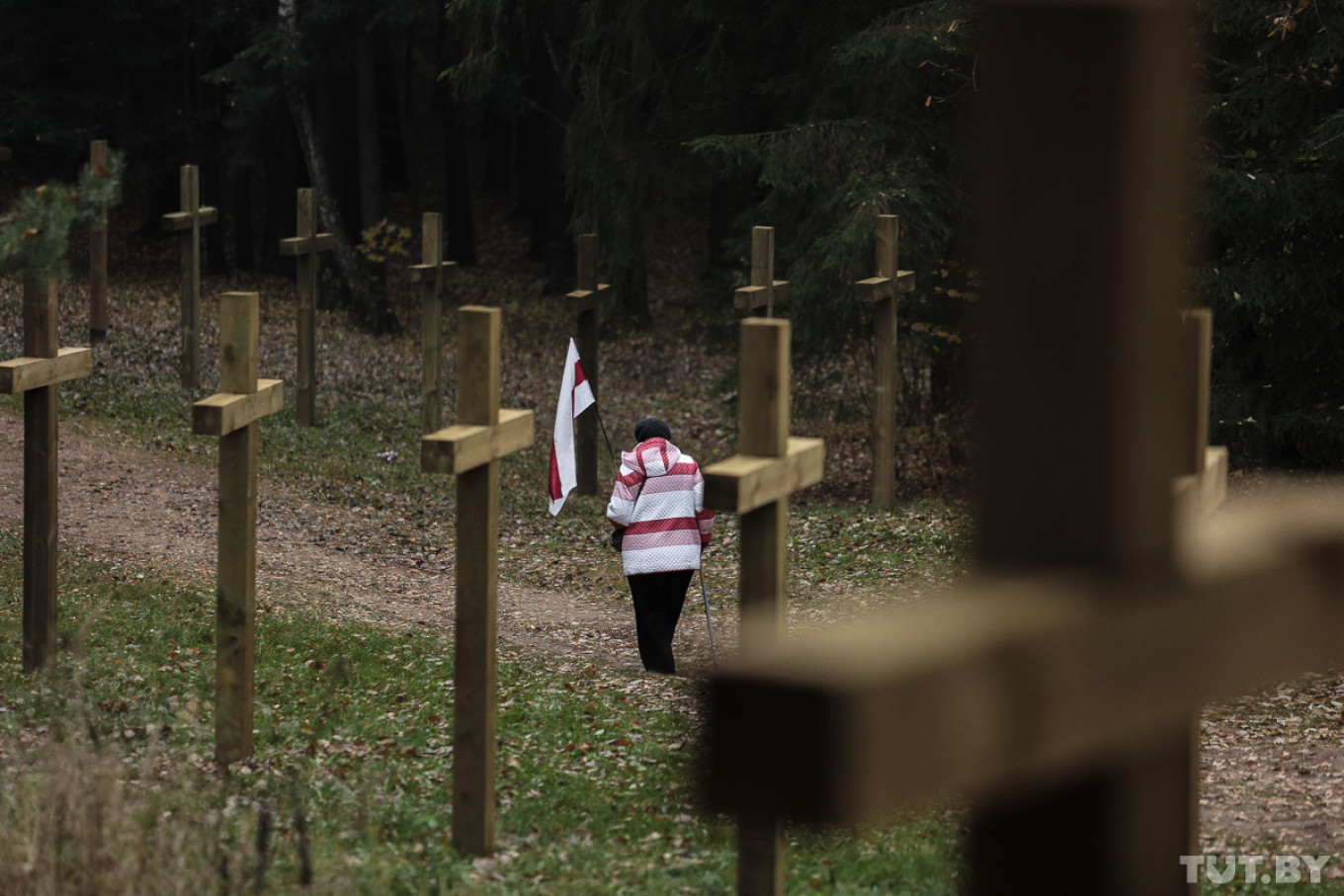
Clash in Historical Vision
For the protesters, building on Kuropaty is just another example of how Belarusian authorities refuse to acknowledge Soviet repressions that took place in the country.
Instead, authorities position themselves as the direct descendants of the previous communist rulers.
Since Lukashenko came to power in 1994, Belarus has been restoring Soviet symbols and enforcing the Soviet version of the 20th century in schools.
In 2005, authorities restored the manor house where Soviet secret police founder Feliks Dzierzynski was born. New officers of the Belarusian KGB (which, unlike in Russia, has retained its Soviet-era name) lay flowers at the site every year. Protests are quick to point out that nobody from Lukashenko's government has found the time to visit Kuropaty.
“The president of this country has never even been here,” says Dashkevich.
In a 2015, Lukashenko told the press that the remembrance crosses at Kuropaty are “too close to the roadside” The Belarusian strongman said he drove past the site almost every day, but had never visited it. “maybe someday the time will come, but so far I did not want to,” he told journalists.
This week, the Belarusian Interior Minister Igor Shunevich infuriated the protesters further. Asked about the clashes in Kuropaty, he said that people should remember the NKVD officers who died during their service.
He added: “Every year on May 9th [when the former Soviet Union remembers the victory over the Nazis], my wife and I put on NKVD uniforms.” Dashkevich called this a “sick, borderline sexual, fantasy.”
The protesters won a small victory on Wednesday when the construction of the building was put on hold. But they are sure the fight is not over.
The company who bought the land from the government is determined to the build the offices. “We bought this land legally and we did not expect to provoke so many emotions,” the company director told Belarusian press.
Dashkevich is determined not to let it happen. “This is a fight for our memory,” he says. “Imagine there was a skyscraper in Auschwitz or Katyn.”
A Message from The Moscow Times:
Dear readers,
We are facing unprecedented challenges. Russia's Prosecutor General's Office has designated The Moscow Times as an "undesirable" organization, criminalizing our work and putting our staff at risk of prosecution. This follows our earlier unjust labeling as a "foreign agent."
These actions are direct attempts to silence independent journalism in Russia. The authorities claim our work "discredits the decisions of the Russian leadership." We see things differently: we strive to provide accurate, unbiased reporting on Russia.
We, the journalists of The Moscow Times, refuse to be silenced. But to continue our work, we need your help.
Your support, no matter how small, makes a world of difference. If you can, please support us monthly starting from just $2. It's quick to set up, and every contribution makes a significant impact.
By supporting The Moscow Times, you're defending open, independent journalism in the face of repression. Thank you for standing with us.
Remind me later.


